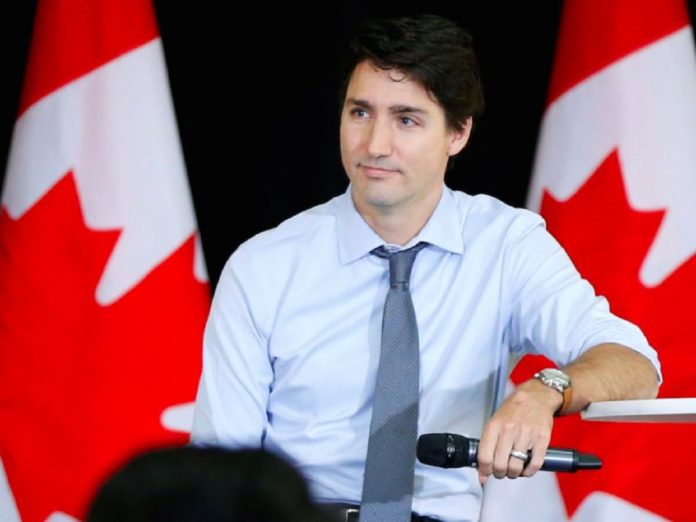February 12, 2020 (Lagos, Nigeria): The Canadian Prime Minister Justin Trudeau has ended his visit to Africa to revive Canada’s bid for the
United Nations (UN) Security Council seat. The extent to which the
continent should expect any positive policy outcomes in the aftermath of
the visit is unclear.
The agenda for the visit, according to the Canadian government, included
building stronger relationships overall, finding opportunities for
Canadian business, and seeking engagement on global issues such as climate
change and the empowerment of women and girls. While the prime minister
should have his hands full, the underlying motive seems to be the campaign
for the continent’s 54 votes at the UN, which will enable Canada to secure
enough votes to clinch the Security Council seat.
The timing of the visit is unlikely to change the long-held view that
Canada does not have a coherent economic policy towards Africa, as the
continent is marginally aligned to Canada’s commercial interests. There is
mounting evidence among officials in Ottawa that Canada does not have the
resources to accomplish all it wants to do in the continent.
“Over the years, Canada’s activities in Africa have not suggested the
continent as a strategic economic partner. Interestingly, Prime Minister
Justin Trudeau’s government has suddenly seen Africa’s vast economic
potentials and strategic value. To date, Canada’s commitments to Africa
are limited to supplying six helicopters and a few personnel as part of
its earlier commitment to peacekeeping efforts in Africa,” says Thompson
Ayodele, a Senior Research Fellow at the Initiative for Public Policy
Analysis (IPPA), a public policy think-tank based in Lagos Nigeria.
Ayodele continues: “Canadian government engagement with Africa rests on a
weak and incoherent foundation. Two competing impulses that define their
commitment are, one, to respond to appeals for help in a crisis; and two,
Canadian elites and politicians see the allocation of resources to Africa
as a distortion on Canada’s most pressing and enduring priorities.
According to Ayodele, Canada’s investment in Africa is negligible compared
to stakes in other blocs. For example, of the $117 billion investment in
2012, only $4billion (about 3%) went to African countries. Canada’s yearly
goods trade with Africa is only equivalent to two weeks of Canada–US
trade.
One does not expect anything better because Canada does not have a free
trade agreement with any country in Africa. Also, Canada maintains foreign
and missions in less than half of the 54 countries and few trade missions
to African countries. These explain the low level of trade volumes.
Although the Canadian government is key to establishing foreign investment
protection agreements (FIPAs) with a few African nations, none of such
agreements is at present in force.
Ayodele further emphasizes that Africa requires a partner like Canada to
help in the process of genuine economic progress. The need for robust and
strategic engagement between Canada and African countries is essential.
But the current ad-hoc engagement, as exemplified by Prime Minister Justin
Trudeau’s recent visit, is taking advantage of Africa for votes to win the
UN’s seat.
“For a new engagement to be meaningful, the Trudeau’s government needs to
re-open the closed diplomatic missions in Africa. This will enhance the
flow of information between the countries and Canada. Also, visa
applicants from Africa still face difficulties in securing Canadian visas
than travelers from other continents.
“The visa approval rate for African applicants should begin to increase
rather than decline as being experienced in recent years. African leaders
should continue to use the existing diplomatic channels to highlight these
and Africa’s potentials as an important trading and investment bloc, and
not a partner needed only for votes,” Ayodele concludes.
The Initiative for Public Policy Analysis (IPPA), the award-winning
organization, is Nigeria’s public policy think tank. Its major concern is
with the principles and institutions that enhance economic development and
wealth creation, with particular focus on Africa and Nigeria.
For media inquiries, please contact +234.80.2302.5079 or email:
info@ippanigeria.org
Initiative for Public Policy Analysis
P.O.Box 6434
Shomolu,Lagos
Nigeria


